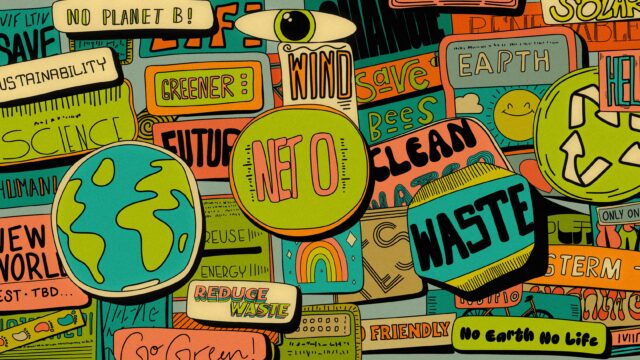Head to the Retail Media Summit—on November 2 at the Mall of America, MN—to find out how RMNs can work for you by delivering first-party data from customers close to the point of purchase. Register.
Over the past five years, products making environmental, social and governance (ESG) claims have outpaced those that do not, according to a joint McKinsey and NielsenIQ study. ESG products now account for nearly half of all retail sales in examined categories.
Companies that value sustainability also want to deepen brand loyalty with consumers who prioritize purchasing products that have a reduced impact on the environment. Thus, misleading claims about environmental benefits, aka greenwashing, pose a substantial risk to gaining traction with consumers who put their trust in such claims. Advertisers run reputational risks by making misleading environmental marketing claims, as well as substantial regulatory and litigation risks.
As the Federal Trade Commission gears up for its once-a-decade update to the Green Guides, scheduled for release in 2024, advertisers should be paying attention. Updated Green Guides should provide marketers with the tools needed to navigate the environmental marketing landscape with confidence, ensure they maintain consumer trust and comply with up-to-date regulatory standards in an era where such claims significantly shape consumer purchasing decisions.
The BBB National Programs’ National Advertising Division (NAD)—the independent regulator monitoring for truth in advertising—has referenced and relied upon the FTC’s Green Guides in more than 40 cases spanning diverse product categories, filling gaps and applying the Green Guides to claims we see in marketing today that might not be specifically addressed in the decade-old guidance.
Consumers benefit when advertisers and marketers lean into this guidance when crafting and substantiating their claims because truthful environmental advertising helps consumers better understand the impacts of the products they purchase. Companies large and small also benefit when advertising claim substantiation is held to common standards because it levels the playing field, allowing for fair competition.
Adherence to standards set in the FTC’s guidance builds consumer trust when “sustainable” or “green” marketing claims are used consistently whether a person is buying toothpaste, detergent, soda or even fuel for their cars. Consistent standards similarly protect against litigation risk, as consumers are not misled by green claims that are used consistently across industries.
Approach green marketing with these guardrails in mind to help build consumer trust in green claims.


